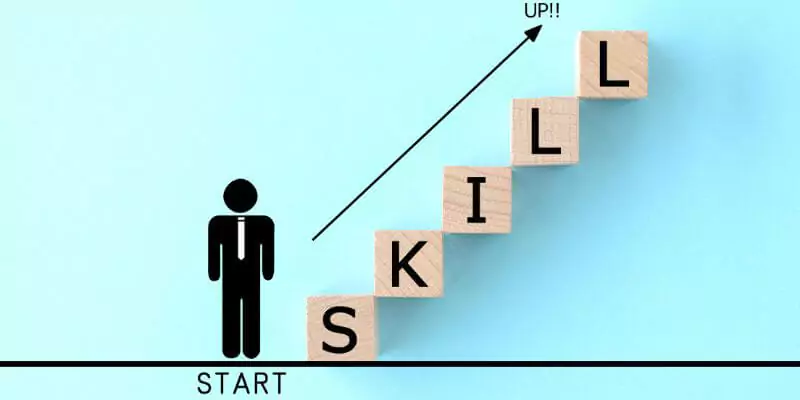The first month in your new job working as a teaching assistant will be different to any other career you’ve had and that’s why so many people opt for this career change. It might be hard to navigate at first, but within a month or so, you’ll be settled into your new role and find you’ve already learnt a great deal.
Some things might surprise you, other things might be comfortably expected. Read on to get ahead of the curve and see what you’ll learn in your first month as a teaching assistant.
You’re Tougher Than You Thought
Your first few weeks as a teaching assistant may be overwhelming as you’ve got dozens of children you’ll need to get to know and understand how best you can support them. There will no doubt be topics on the curriculum that you may need to brush up on. You’ll also need to adjust to school life and meet the teachers you will be supporting.
Those few weeks will go by in a flash, so how will you manage? Remain positive, understand that with time you will grasp everything you need to, and recognise that you’re tougher than you think!
Anticipation Becomes Excitement
Much like your first day as a student, your first day as a teaching assistant promotes feelings of anticipation.
If you’re wondering ‘What do teaching assistants do?’, it’s the same with anything new we start in life; there’s the eagerness to get started, coupled with mild anxiousness about what to expect. The longer you are in the role, you’ll learn that those feelings of anticipation make way for daily excitement to see your students, the support you’ll give to them and how you’ll enable them to progress, learn and develop.
In your first month, in particular, every day will teach you something new. You may adapt a learning technique to suit a student or rethink how you’ve approached a behavioural issue in class. Being a teaching assistant is by no means an easy job, but the variety and satisfaction will make you excited every day.

Behaviour Management
In theory, behaviour management is a cinch: a child is misbehaving, you tell the child to stop. Simple. In practice, the situation is very different. Very quickly though, you’ll understand what works best for your group (all children respond differently, so finding the ideal attitude can take time) and how to manage their behaviour. In the long run, your children will work better, and learn more, and the class teacher will be immeasurably grateful.
Although behaviour management in the classroom can very much be trial and error, you’ll soon hit the tone and language that works best and ‘stop shouting’ will turn into ‘please speak quietly as others are finding it difficult to concentrate’. By the time your first month is behind you, you’ll have behaviour management perfected!
What You’re Doing is Worthwhile
Is being a teaching assistant worth it? Completely.
Why, you ask? You’re supporting a child to develop core skills that are not only useful in the classroom, but generally in life too. Being a teaching assistant is an incredibly rewarding job and at times it can be challenging, but knowing you’re helping a child learn is an unrivalled feeling. The ‘light bulb’ moment is something many teaching assistants strive for.
You’ll Develop Your Skills
Aside from knowing the practical parts of becoming a teaching assistant, learning names, understanding class dynamics, and working effectively alongside the class teacher, you’ll develop your own skills too. Working in an educational environment helps you develop your skills in communication and interaction. It also tests your patience and makes you much more resilient.
Within your first month, you will become more confident in your ability to direct students and support their learning. You will be surprised how quickly you settle into school life and put your new skills into action!

It’s Your Dream Career
Many people choose a career as a teaching assistant in preparation for a PGCE course. It’s also a low-risk way of deciding whether it’s the right career choice for you and allows you to adapt to a career in the classroom.
Being a teacher often comes with more pressure, tighter deadlines, and stricter targets. As a TA, you have the best of both worlds; you have the responsibility over students and their schooling, without the ‘box ticking’. Although being a teaching assistant allows you to ‘dip your toe in the water’, you might find it’s everything that you could ever want in a career.
Ready for your first month as a teaching assistant, but not sure how to achieve your new career? Browse our range of online courses that will get you qualified as a TA from home on your terms. Download our FREE Teaching and Education Faculty Brochure below for more information.



















